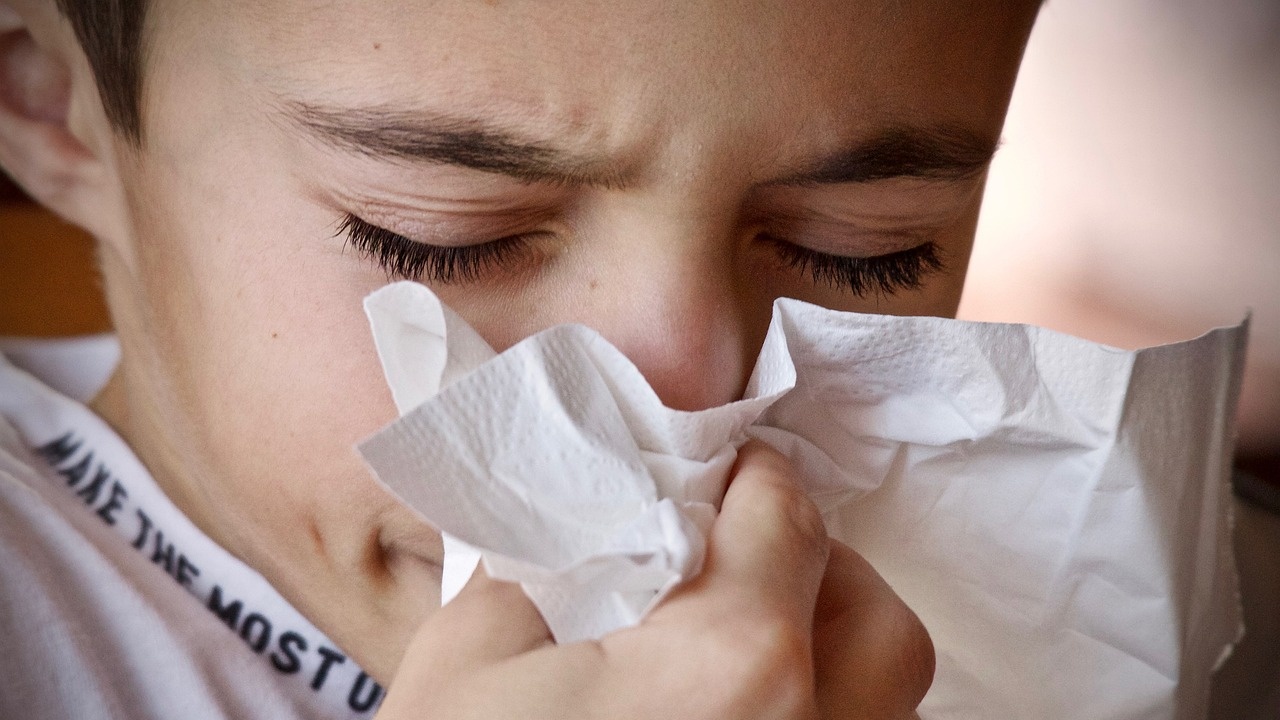Listen to the news
Each of us at least once a year faces a cold. Sometimes, however, a seemingly common cold develops into pneumonia. But how do we know that the disease is progressing?
Chest pain
If you feel tightness and pain in your chest, this indicates inflammation.
As a rule, this symptom increases when you try to take a deep breath or cough.
Shortness of breath after exercise is not a serious cause for concern.
But if it occurs even at rest, it could mean you have pneumonia.
Among the other symptoms that signal this disease are: shortness of breath, dizziness, a bluish tint to the skin of the face and hands, Rambler writes.
Expert: Five parallel epidemics are raging in the country
Temperature
In people with pneumonia, the body temperature rises to 39-40 degrees and does not decrease for several days.
Antipyretic drugs often do not work in this case.
Cough
Prolonged bouts of coughing can also indicate pneumonia.
At first the cough is dry, but over time it becomes wet.
When in doubt, it is best to seek medical advice.
